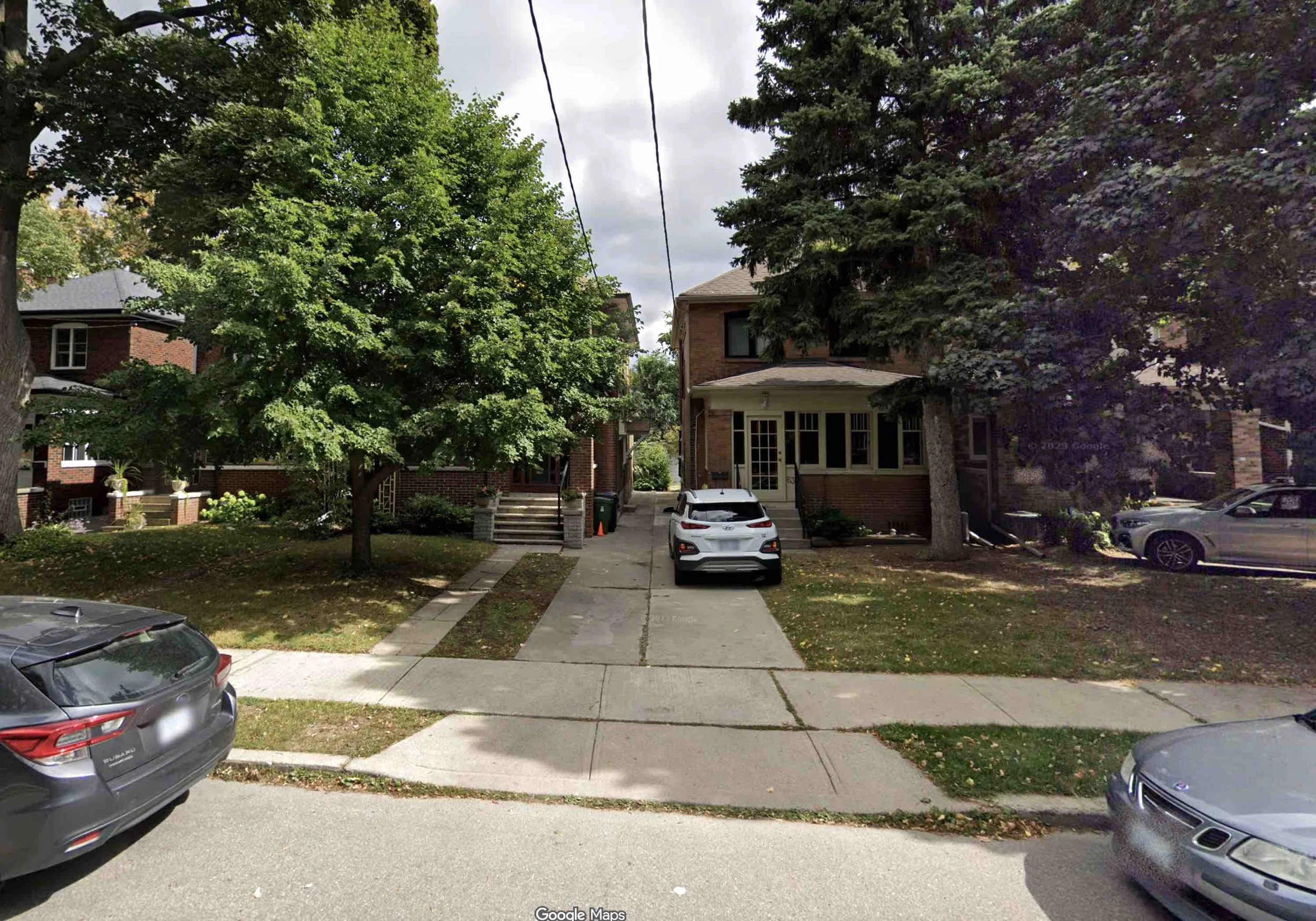The Truth Behind Toronto’s Front Yard Parking Pad Moratorium
Navigating Toronto's Front Yard Parking Pads: A Closer Look at the Moratorium Debate
In the bustling streets of Toronto, finding a parking spot can sometimes feel like a Herculean task. With limited street parking and an ever-growing population, homeowners often turn to creative solutions, such as a front-yard parking pad or mutual driveway widening. However, the presence of these pads has sparked a contentious debate, leading to questions about their impact on neighbourhoods and the environment. At the centre of this discourse lies the question — and possibly the reason you are reading this article —Is there a moratorium on front-yard parking pads in Toronto? Put another way, is there a ban on parking pads in Toronto?
The Moratorium Debate
The answer to this question is nuanced. Since 2017, while there isn't a blanket moratorium or ban on front-yard parking pads across the entire city, stringent regulations and guidelines govern their approval. These regulations aim to balance residents' need for convenient parking with broader concerns about neighbourhood aesthetics, safety, and environmental sustainability. The short answer is, though, that there is no moratorium or ban in 60% of Toronto neighbourhoods.
Temporary Freeze and Review Process
In 2017, the Toronto City Council implemented a temporary freeze on new front-yard parking pad applications in certain neighbourhoods. This freeze was introduced to facilitate a comprehensive review of the city's parking pad policies. During this review, the council sought input from residents, urban planners, and other stakeholders to assess the impact of parking pads on the cityscape.
Balancing Concerns
One of the primary concerns about front-yard parking pads is their impact on neighbourhood aesthetics. Critics argue that these pads disrupt the character of residential streets, replacing green space with concrete or asphalt. Moreover, some worry that excessive paving can contribute to urban heat-island effects and exacerbate stormwater runoff. The stormwater runoff concern is addressed, however, in the by-law as it now requires permeable pavers to be used for all new parking pads.
Proponents' Perspective
Proponents of front-yard parking pads highlight their practicality in addressing parking shortages, especially in areas with limited street parking. For homeowners with multiple vehicles or mobility issues, a parking pad can provide much-needed convenience and accessibility. And there is the fact that on some streets, especially those close to major shopping, such as off Bloor Street, adjacent to Danforth Avenue, and Queen Street East in the Beaches, a parking spot on the street is almost impossible to find and competes with local residents who have street-permit parking.
The Role of EVs
For many today who want to own an electric vehicle (EV), a parking pad is essential for charging. As EV adoption increases and is now mandated for 2035, the availability of charging infrastructure, including home charging options, becomes crucial. Front-yard parking pads can be a practical solution for EV owners, enabling them to charge their vehicles conveniently at home.
Regulatory Guidelines
In response to these competing concerns, the City of Toronto has developed guidelines to regulate the installation of front-yard parking pads. These guidelines outline criteria, including minimum setbacks, maximum coverage limits, and landscaping requirements, to mitigate the visual impact of parking pads and promote environmental sustainability.
Conclusion
While the temporary freeze on new applications has been lifted in many neighbourhoods, the approval process for front-yard parking pads remains complex. Applicants must understand the by-law criteria, prepare a landscape plan outlining the location of the parking pad in their front yard, and navigate a thorough review process, often including petitioning their neighbours and hiring an experienced contractor to build it according to the City's specifications. Ultimately, finding a balance between the need for parking convenience, neighbourhood aesthetics, and environmental sustainability will be essential in shaping the future of Toronto's streetscapes.
Want to know if you can say goodbye to street parking with a front yard parking pad? Schedule a consultation today!

















